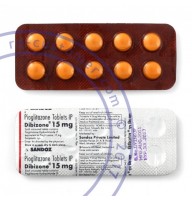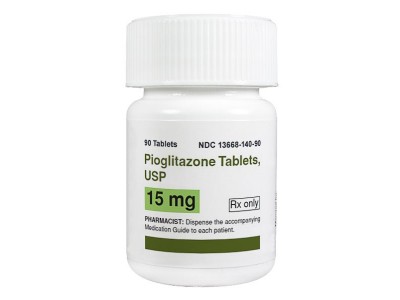Pioglitazone, marketed under the brand name Actos, is an oral medication primarily used to manage type 2 diabetes mellitus. It belongs to a class of drugs known as thiazolidinediones, which work by increasing the body's sensitivity to insulin. This action helps lower blood glucose levels by making the body's cells more responsive to insulin, thereby facilitating more efficient glucose uptake and utilization. Pioglitazone is often prescribed as part of a comprehensive diabetes management plan that includes diet, exercise, and sometimes other medications.
The effectiveness of pioglitazone in controlling blood sugar levels has been well-documented, and it is typically considered when patients do not achieve adequate glycemic control with first-line therapies such as metformin. One of the significant benefits of pioglitazone is its ability to improve lipid profiles, which can be advantageous in managing the cardiovascular risks associated with diabetes. However, its use is not without potential side effects. Some common adverse effects include weight gain, fluid retention, and an increased risk of heart failure in susceptible individuals. There have also been concerns about a possible association with bladder cancer, though this risk remains a topic of ongoing research and debate.
Pioglitazone is contraindicated in patients with certain medical conditions, such as active bladder cancer or severe heart failure, due to its side effect profile. Regular monitoring of liver function is recommended during treatment because of rare reports of hepatotoxicity. Despite these concerns, pioglitazone remains a valuable option for many patients with type 2 diabetes, particularly those who have not responded adequately to other treatments. Its role in improving insulin sensitivity makes it a critical component of the therapeutic arsenal against diabetes, helping patients achieve better long-term glucose control and potentially reducing the risk of diabetes-related complications.

